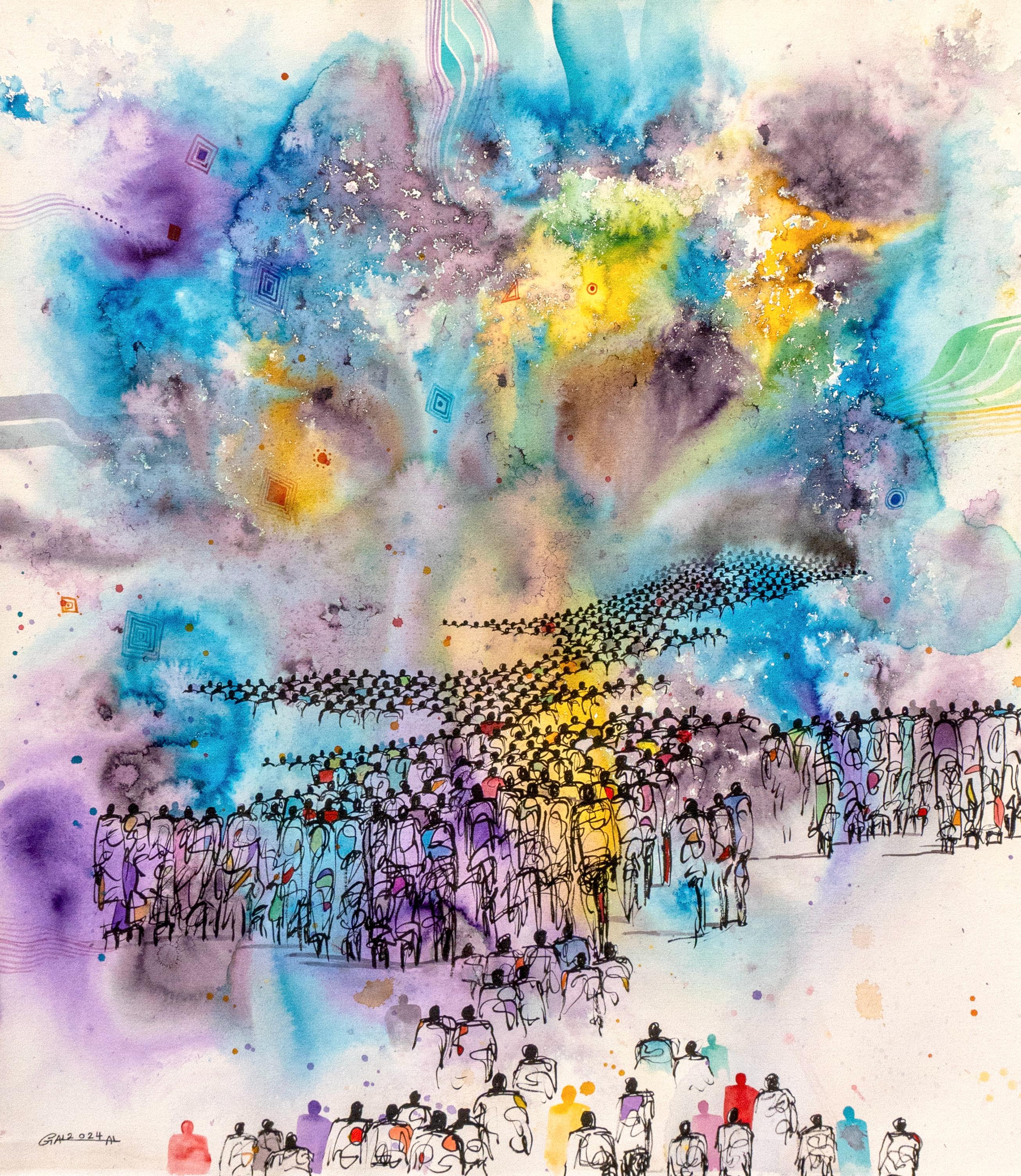Development Partners Group on the Sudan Regional Refugee Crisis
Development Partners Group on the Sudan Regional Refugee Crisis

On this page
Why Establish a Development Partners Group?
A coordinated approach among development partners acting in the various countries impacted by the Sudan regional crisis will lead to greater complementarity and efficiency. Development partners can respond together in a number of ways including:
- Contributing technical and advisory services to support inclusive human settlement approaches and supporting governments with data and planning to facilitate the inclusion of displaced people in national development planning and sectors;
- Leveraging greater financial resources with a mid-term perspective of expanding service delivery to facilitate the inclusion of refugees and avoid the creation of parallel systems;
- Creating market and employment opportunities to reduce poverty among refugee and host communities. Joint policy dialogue for the removal of legal, policy and other barriers facing stifling economic inclusion;
- Calling for peace and investing in social cohesion and peacebuilding efforts;
- Including displaced, returnee and host communities in climate adaptation interventions;
- Eventually, supporting Sudan in its recovery efforts and planning for future voluntary returns in safety and dignity, which will require significant rehabilitation of infrastructure, public services, socio-economic opportunities, and access to justice.
Objectives of the Development Partners Group
The overall aim of the Development Partners Group (DPG) is to support countries impacted by the Sudan crisis, through increased coordination among development partners at country and regional level, in complement to humanitarian action in complex and fragile settings.
The specific objectives of the DPG include to:
- Facilitate regional-level information sharing to inform decision-making, including through the production of development partner mappings, presentations, briefs, and key policy papers.
- Reflect on ways to ensure timely, predictable and additional development financing for effective action, including through better leveraging their financial instruments and/or the activation of regional windows and crisis windows of multilateral development banks.
- Facilitate discussion on the expected impact of development action in response to the Sudan crisis and reflect on what the gaps and risks of limited/delayed action would mean in fragile countries impacted by the crisis.
- Identify, discuss and address data and research needs to facilitate evidence-informed development action and inclusive policies.
- Discuss opportunities to enhance development actor coordination in countries of asylum and reflect on how to best build linkages between the Regional Refugee Response Plan (RRP), UN Sustainable Development Cooperation Frameworks (UNSDCFs), national and local development plans and sector plans.
- Seek ways to leverage the efforts of regional initiatives, such as the Horn of Africa Initiative, solutions initiatives led by Regional Economic Communities, including the Intergovernmental Authority on Development (IGAD) and the Economic Community of Central African States (ECCAS), as well as civil society, diaspora and other stakeholders.
- Reflect on how to strengthen engagement of the private sector, including through the use of public-private partnerships, social impact bonds, blended finance or insurance mechanisms to lower the risk of investing and operating in fragile contexts affected by the Sudan crisis.
Leadership & Membership
The Regional Director for Africa of UN Development Coordination Office (UNDCO) and the UNHCR’s Regional Refugee Coordinator for the Sudan Situation convene the DPG meetings. The Secretariat for the DPG-Sudan Regional Refugee Crisis is provided by UNHCR.
Membership of the DPG-Sudan Regional Refugee Crisis is open to the full range of development actors including international financial institutions, multilateral development banks, bilateral development actors, UN agencies and embassies.
To learn more about the DPG and become a member, please contact UNHCR (Hélène Atrafi, [email protected]) and UNDCO (Kwasi Amankwaah, [email protected]).
